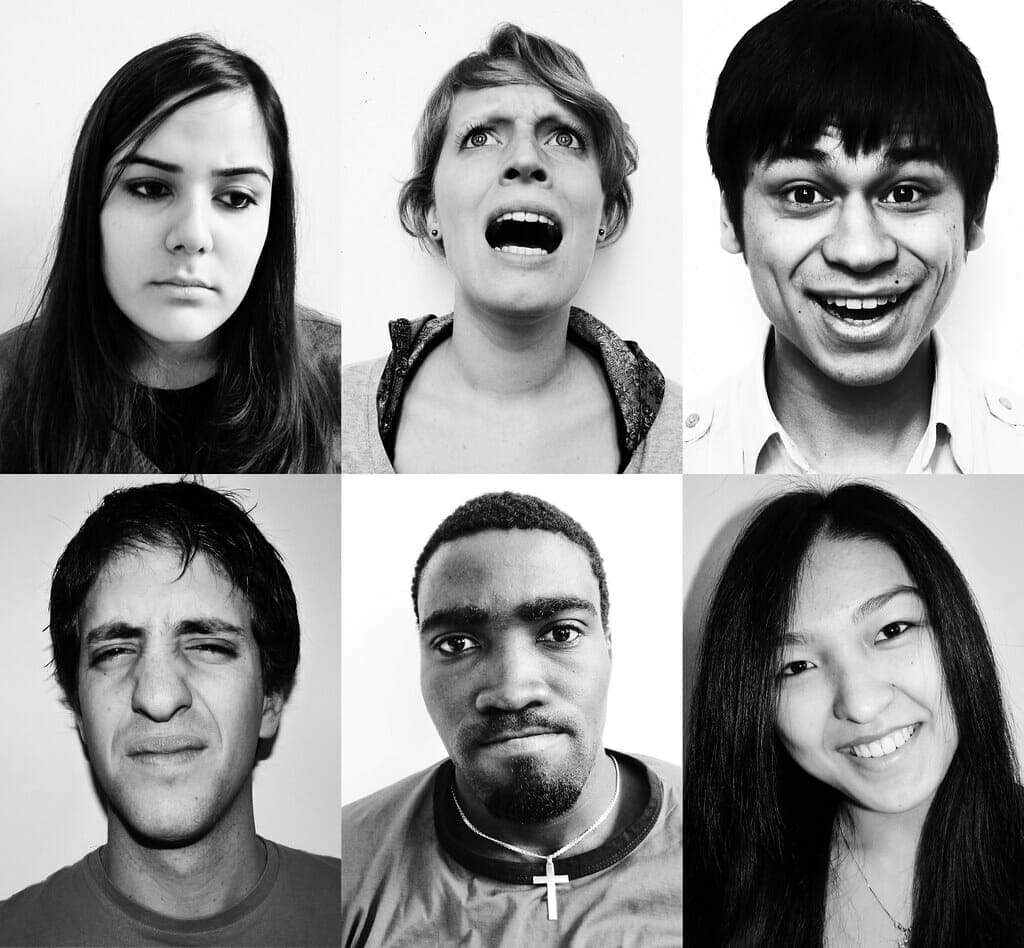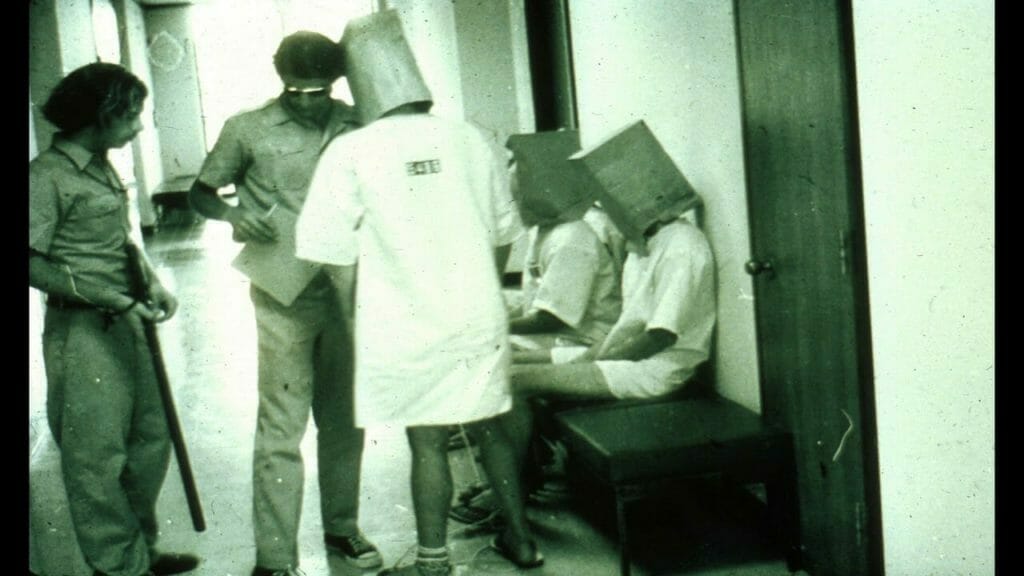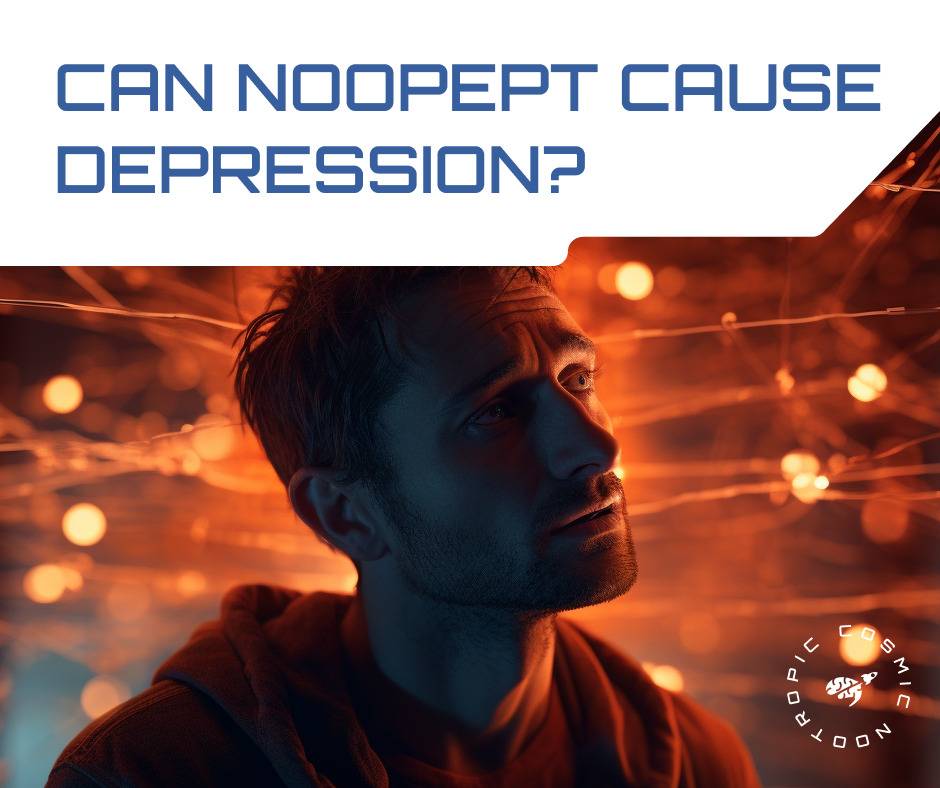Does our Behaviour influence our State of Mind?
July 22, 2021

You are probably familiar with the popular belief that human behavior is the result of the character, attitudes and worldview. However, this statement is only partially true, and taking it at face value and justifying one’s own and other people’s actions with it would not be quite correct. So let’s learn whether our behaviour really influences our state of mind!
Judge for yourself: if we act in accordance with our established beliefs all our life, then how can we change it for better good? We often hear: “I have no talent for STEM disciplines”, “I’ve been shy since childhood”, or “Yes, I have a difficult character”. There are many similar statements that we constantly encounter. Some of us convince ourselves that we prefer to live according to a set of qualities that was formed in childhood, or at best, during yearly years of life. As a result, most people do not even try to somehow change their lives, because they’re just sure that they are who they are. So they are set to believe that their mind influences their behaviour.
Some psychologists have a completely different opinion on this matter. Many studies have confirmed that it is our behavior that forms character traits, and not vice versa. Paul Ekman, who has devoted his whole life to the study of emotions, has experimentally proven that if a person makes a grimace that corresponds to a particular emotion for some time, then he or she begins to take possession of this emotion [6].

Many of you have probably heard of Philip Zimbardo’s famous Stanford prison experiment. In the course of this study, it was proven that people who play a certain role (in this case, prisoners and warders) really begin to “get used to” the image without realizing it. They became aggressive, if the role implied, or, conversely, passive. And it didn’t matter who the person was before that experiment. [1] There are many other experiments confirming that if a person begins to behave in a certain way (even if it does not correspond to their perception of the world), then after some time they begin to internally correspond to this behavior.
How does this research relate to our lives? If a group of students was asked to write an essay where they were supposed to praise themselves, over time that group would show a higher level of self-esteem than those who did not write the work. This means that our behaviour really does influence our state of mind, that is if you start acting like a confident, cheerful, successful and energetic person, then after a certain time you will feel that way.
You can start small. Just play the role of a happy person and smile. Tell someone how great your day was. According to psychology, soon you will notice internal changes – you will look more positively at life and feel much better. You can test this theory only by trying it yourself!
This of course does not mean that serious neurological issues like anxiety or others should be treated this way. But it’s yet another means to feel better and to support one’s nervous system.
If you want to find more information on how Anxiolytic Nootropics can help you maintain a healthy state of mind follow this link.
We would very much appreciate your comments on the subject via Reddit.
Bibliography
- Zimbardo P. (1972). Stanford prison experiment: A simulation study of the psychology of imprisonment. https://www.prisonexp.org/
- Selye H (1974). Stress Without Distress. https://www.amazon.com/Stress-Without-Distress-Hans-Selye/dp/0397010265
- Kovalev GV (1990). Nootropic preparations. https://www.ozon.ru/product/nootropnye-sredstva-kovalev-gennadiy-vasilevich-218589149/?stat=YW5fMQ%3D%3D
- Mosolov SN (1998). Contemporary trends in the development of psychopharmacotherapy. https://pubmed.ncbi.nlm.nih.gov/9634727/
- Krasucki C, Howard R, Mann A (1999). Anxiety and its treatment in the elderly. https://pubmed.ncbi.nlm.nih.gov/10189597/
- Ekman P. (2003). Emotions Revealed: Recognizing Faces and Feelings to Improve Communication and Emotional Life. https://www.paulekman.com/resources/books/
- Akhapkina VI, Voronina TA (2005). The Spectrum of pharmacological effects of Phenotropil. https://medi.ru/info/6293/
- Krasnova VV, Kholmogorova AB (2013). Social anxiety and suicidal behaviour in students. https://pubmed.ncbi.nlm.nih.gov/23739441/
- Torshin IY et al (2018). Experience with mexidol in neurological practice. https://pubmed.ncbi.nlm.nih.gov/30499505/
- Mosolov SN (2020). Problems of mental health in the situation of COVID-19 pandemic. https://pubmed.ncbi.nlm.nih.gov/32621462/
- Chukanova EI et al (2021). The efficacy of antioxidant treatment with mexidol forte in 250 patients with chronic cerebral venous insufficiency. https://pubmed.ncbi.nlm.nih.gov/33834719/



